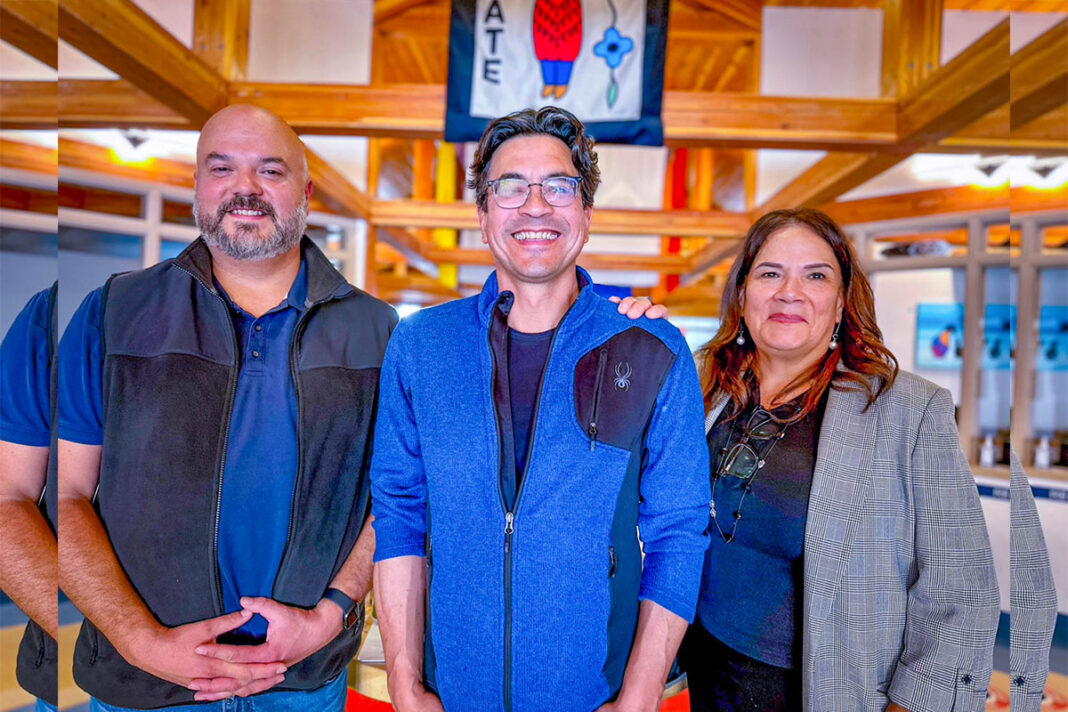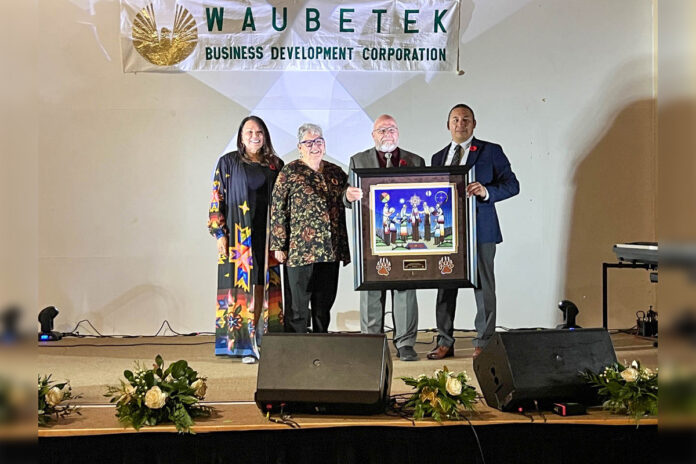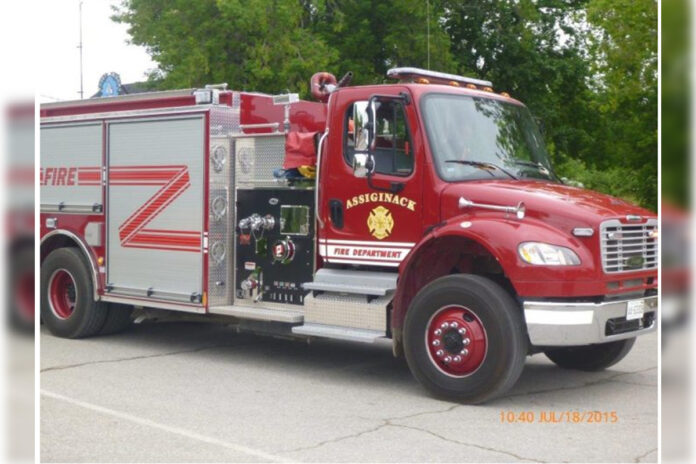OTTAWA—Kenjgewin Teg in M’Chigeeng, along with the First Nations Technical Institute (which is located in the Tyendinaga Mohawk Territory near Deseronto in eastern Ontario) has partnered with Ottawa’s Carleton University to offer a one-year Journalism in Indigenous Communities Certificate that is expected to be up and running by the fall of 2025.
The certificate is offered through Carleton’s School of Journalism and Communication and is key to its recognition of the Truth and Reconciliation Commission’s Call to Action No. 86, “We call upon Canadian journalism programs and media schools to require education for all students on the history of Aboriginal peoples, including the history and legacy of residential schools, the United Nations Declaration on the Rights of Indigenous Peoples, Treaties and Aboriginal rights, Indigenous law and Aboriginal-Crown relations.”
Decorated Indigenous reporter and currently Carleton professor Duncan McCue is helping to lead the charge on the project.
Mr. McCue spent 22 years with CBC before leaving for Carleton, specifically because of its commitment to furthering Indigenous journalism.
“The media industry has finally realized we have a diversity problem,” he told The Expositor in an interview. “There’s increased awareness in the industry, but we aren’t seeing an increase in Indigenous journalism students. At Carleton, we see one or two a year, at most.”
Mr. McCue said Journalism for Human Rights examined the dearth of Indigenous journalism students a few years ago and found that there is interest, but barriers, such as distance and having to move to an urban area, is a factor in pursuing that education.
“In this day and age, we can offer basic skills remotely,” he added. And so, the one-year course was born for students in Ontario who can take the course from their home communities.
“We’re calling it a hybrid program—there are three intensive in-person week-long sessions—but the bulk is online,” Mr. McCue explained, noting that each of the three institutions (M’Chigeeng, Tyendinaga and Carleton) will take a week with the students throughout the course year.
“Kenjgewin Teg knows how to reach Indigenous students and they understand Indigenous student success and promote the whole development of the student,” Mr. McCue said as to why Kenjgewin Teg was tapped for the program. “They’re closer to the ground than larger urban universities. They’re kind of the hidden secret of Ontario’s education programs.”
Students in the program will learn the fundamental skills of reporting such as writing a lead, writing for media, audio storytelling, visual storytelling and entrepreneurial journalism, all from an Indigenous worldview. The students will also be tasked with a two-week placement.
Mr. McCue himself will be one of the teachers, of whom all are Indigenous, in this first-ever program.
Dr. Beverly Roy, president of Kenjgewin Teg, told The Expositor that Mr. McCue reached out to Kenjgewin Teg “and we thought it was a good fit.”
“It’s a good first step on the pathway to journalism,” Dr. Roy said, noting Kenjgewin Teg will help provide some cultural learning and support too.





